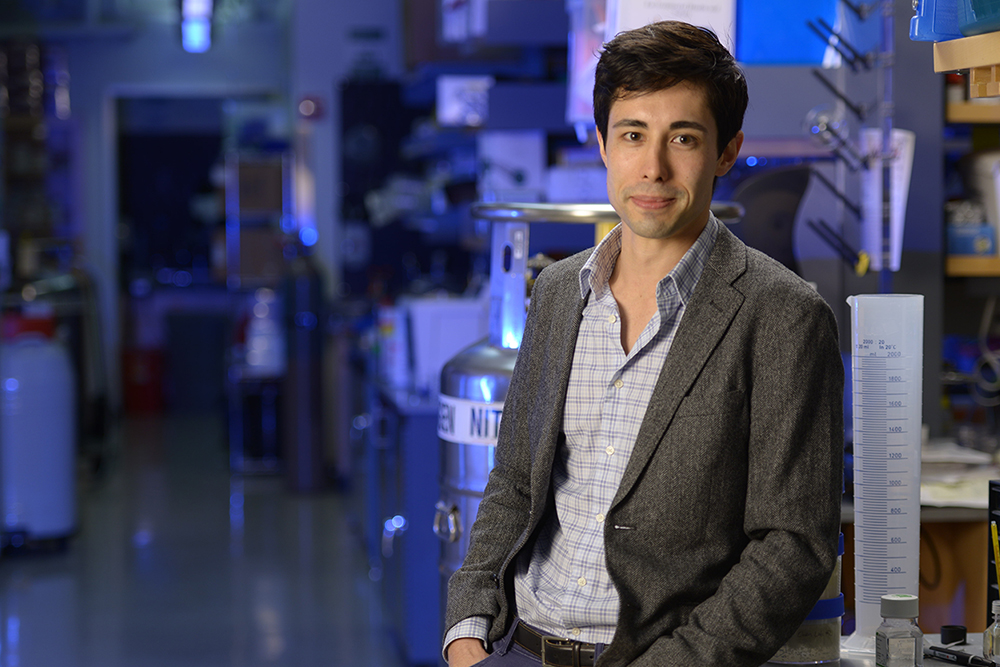
Other Seminar
Coming Together in Hard Times: Matrix mechanics regulate endothelial cell force transmission and multicellular assembly
This event is free and open to the publicAdd to Google Calendar

Zoom Link: https://bostonu.zoom.us/j/93315594357?pwd=eE4wQS9lZjA2aloyMkQ2dG5CS21kZz09
Meeting ID: 933 1559 4357 Passcode: 689715
Abstract:
Understanding how cells probe, interpret, and respond to the extracellular matrix (ECM) is critically important to tissue engineering efforts, however relatively little is known about this process in the context of networks of fibrous proteins that mimic native ECM. This is due in part to the structural and mechanical complexity of natural materials and a limited number of experimental platforms that offer orthogonal control over matrix characteristics to aid in mechanistic studies. To investigate how cells function in settings relevant to the architecture of native tissue ECMs, we study cell behavior in matrices composed of synthetic fibers with tunable mechanics and user-defined architecture. This lecture will describe our recent efforts to understand the role of cell-generated forces in multicellular self-assembly of endothelial cells in the context of vasculogenesis.
Bio:
Dr. Brendon Baker is an assistant professor at University of Michigan in the Department of Biomedical Engineering. He received his PhD under Dr. Robert Mauck at the University of Pennsylvania and completed postdoctoral training at Boston University in Dr. Christopher Chen group. His research focus lies in better understanding the complex interplay between the physical cellular microenvironment and fundamental cell processes such as migration, proliferation, and extracellular matrix synthesis. He is interested in how cells reorganize their microenvironment during disease states, and how the altered microenvironment can in turn feedback to alter cell behavior. His lab develops novel in vitro systems to study the biology that drives these interactions, with the aim of using mechanistic insight derived at the single cell level to develop better disease models, engineered tissues, and regenerative therapies.
 MENU
MENU 
